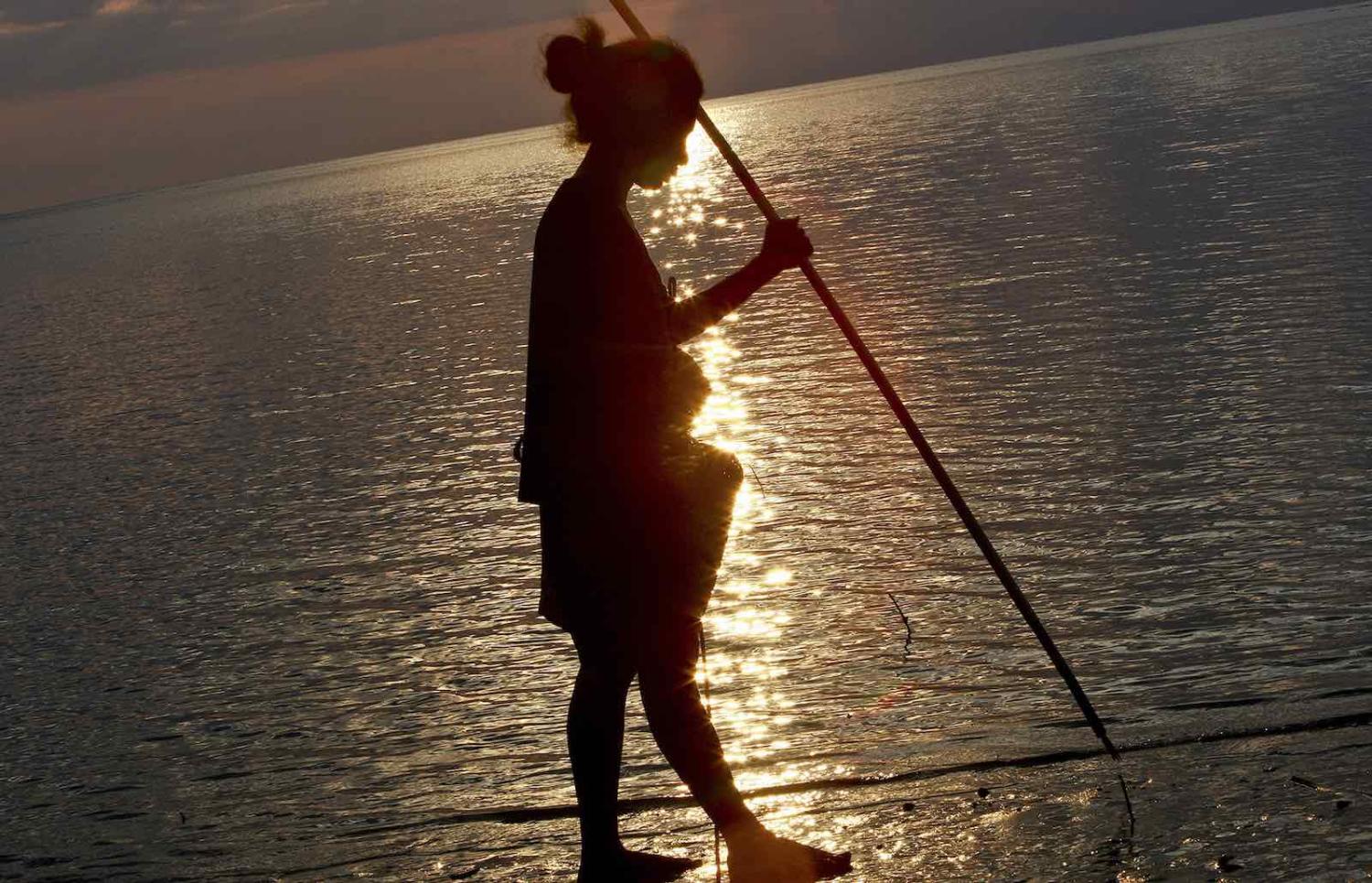- Dan Kopf at Quartz summarises “the transformative power of giving young women cash”, covering work in Malawi, South Africa, and Bangladesh on cash transfers and domestic violence.
- A new study shows average unemployment rates are substantially lower in poor countries than in rich countries, making unemployment largely an advanced-economy problem.
- A “Mega Map” of evidence in child development research allows users to access all the reviews of child welfare in one place.
- The Australian Parliament’s Joint Standing Committee on Foreign Affairs, Defence and Trade has begun public hearings for its review into the strategic effectiveness of Australia’s aid program. Public submissions received so far are available here.
- Speaking of Australian aid, the 2018 Lowy Institute Poll showed that Australians believe the government invests about 14% of the federal budget on foreign aid. It also underlined that Australians think the government should invest about 10%. In reality, Australia invests 0.8% of its budget on aid. Jonathan Pryke discusses these findings and implications.
- This post from Evidence Action talks about the failure to replicate a promising intervention last year in Kenya to address the problem of “sugar daddies” – older men in relationships adolescent girls who often pay the girls’ school fees or other expenses, and are much more likely to have HIV than adolescent boys.
- The World Bank is about to update its country classifications by income level for 2018–19. Gross National Income per capita data for 2017 is available here.
- This interesting article tells the story of how McKinsey & Company landed their biggest contract ever in Africa, and realised afterwards that it was illegal.
Aid links: empowering women, mapping welfare, more
Combating “sugar daddies” in Kenya, reviewing Australian aid, and other links from the aid and development sector.

Photo: United Nations
Published 2 Jul 2018
Follow @AlexandreDayant
You may also be interested in
Backing local entrepreneurs helps redefine the assumption that informal-sector employment is fundamentally precarious.